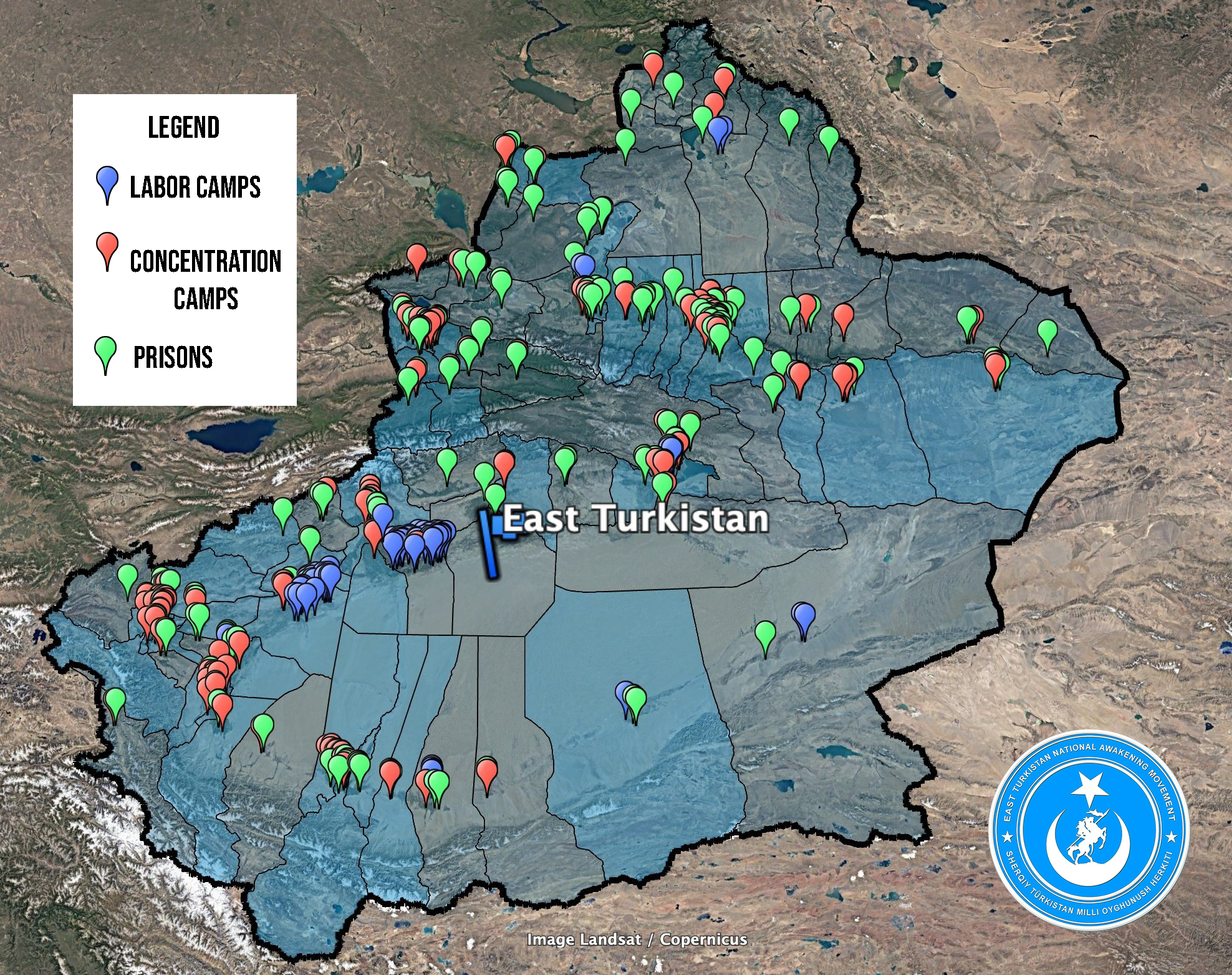
International Criminal Court (ICC) prosecutors on Dec. 15 rejected a complaint filed by exiled Uighurs calling for an investigation of China on charges of genocide and crimes against humanity. The complaint was dismissed on jurisdictional grounds; the People’s Republic of China, like the United States and Russia, does not recognize the ICC. The office of chief prosecutor Fatou Bensouda stated in a year-end report on preliminary examinations: “This precondition for the exercise of the court’s territorial jurisdiction did not appear to be met with respect to the majority of the crimes alleged.”
But on the question of forcible removal from countries where the ICC does have jurisdiction, the text parsed definitions very closely. While acknowledging forced deportations of Uighurs from Tajikistan and Cambodia back to China to face potential internment and persecution, the report stated: “Not all conduct which involves the forcible removal of persons from a location necessarily constitutes the crime of forcible transfer or deportation.”
Voices in the Uighur diaspora expressed outrage at rejection of the complaint. Fatimah Abdulghafur, a Uighur poet and activist who lives in Australia and whose father died in detention in Xinjiang in 2018, told the New York Times: “The ICC was formed for one and only one reason: to confront the most horrific international crimes. The atrocities of the Chinese regime toward Uighurs are countless.”
Sophie Richardson, China director for Human Rights Watch, stressed the ICC decision was not a judgment on whether abuses are taking place. “The facts remain: The Chinese government is committing grave violations on a massive scale in Xinjiang, and those responsible should be held to account,” she said.
Human rights monitors believe more than a million Uighurs are held against their will in different facilities in Xinjiang and elsewhere in China. Uighur advocates and former detainees refer to the facilities as concentration camps.
Photo: ETNAM




